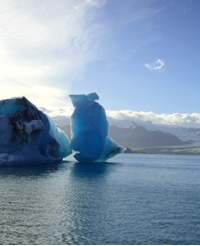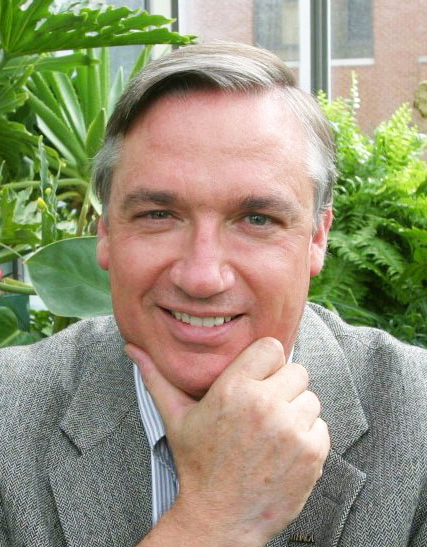The Future Ain't What it Used to Be
“The Future Ain’t What It Used to Be”:
Collaborative Leadership, Higher Education, and Climate Destabilization
By Peter W. Bardaglio, Ph.D., Senior Advisor, Second Nature

“The future ain’t what it used to be,” Yogi Berra once declared.[i] He wasn’t talking about climate change, but he could’ve been. Eight out of the nine hottest years on record worldwide, including last year, have occurred since 2000. The rate of the Arctic summer melt is accelerating at an astonishing pace and the latest reports now predict that we could have ice free summers in the Arctic as early as 2015. Scientists at the Mauna Loa Observatory in Hawaii announced this past May that for the first time in human history the level of carbon dioxide in the atmosphere passed 400 ppm. The last time carbon dioxide levels were this high was probably in the Pliocene epoch, over three million years ago. To top it off, a paper just published in Nature predicts that by mid-century over half the planet will be experiencing average temperatures equivalent to the hottest days recorded since 1860.[ii]
As bad as this news is, and it’s bad, there is some really good news on the clean energy front.
- Read more about The Future Ain't What it Used to Be
- Add new comment





 2012 Second Nature Climate Leadership Awards
2012 Second Nature Climate Leadership Awards
